Exploring the Growth of Halal Cosmetics
Image used for illustrative purposes only
In recent years, the global cosmetics industry has witnessed a significant shift towards more ethical and inclusive practices, and one notable trend gaining traction is the rise of Halal cosmetics. With the Muslim population globally constituting a substantial portion of the worlds demographic landscape, the demand for Halal cosmetics has seen a notable surge. This article delves into the burgeoning market of Halal cosmetics exploring its growth trajectory, significance, and the factors driving its popularity.
The global halal cosmetics market, valued at $40.17 billion in 2023, is projected to surge at a CAGR of 12.95% from 2024 to 2032, reaching an estimated worth of $94.20 billion by 2030, according to a recent report by Research and Markets.
Understanding Halal Cosmetics
Halal, an Arabic term meaning “permissible” or “lawful,” refers to products and practices that adhere to Islamic laws and principles. While commonly associated with food and beverages, the concept of Halal extends to various aspects of daily life, including cosmetics. Halal cosmetics are formulated without the use of ingredients derived from animals, alcohol, and other prohibited substances.
Growth Trajectory
Muslim and non-Muslim consumers worldwide are increasingly seeking halal cosmetics that adhere to Islamic law. Analysts note that Muslim buyers prioritize these products due to their popularity and alignment with religious principles, while non-Muslims are drawn to them for perceived safety, ethical sourcing, and eco-friendly practices. As the halal market expands into cosmetics, manufacturers offer a diverse array of options, emphasizing the importance of inclusivity and cultural sensitivity in the cosmetics industry.
The Halal cosmetics market has experienced robust growth, with both domestic and international brands capitalizing on this trend. Homegrown companies have introduced a plethora of Halal-certified products, catering to the specific needs and preferences of Muslim consumers. Simultaneously, international cosmetic giants have expanded their portfolios to include Halal-certified offerings, recognizing the immense market potential.
Significance of Halal Cosmetics
The increasing demand for Halal cosmetics in India can be attributed to several factors, each underscoring the significance of these products in the country’s beauty industry.
Religious Compliance: For observant Muslim consumers, the use of Halal cosmetics is a matter of religious adherence. By opting for Halal-certified products, individuals ensure that their beauty routines align with their religious beliefs, promoting a sense of spiritual well-being and ethical consumption.
Health and Safety: Halal cosmetics are often formulated using natural and ethically sourced ingredients, free from harmful substances such as alcohol and animal derivatives. This emphasis on purity and safety resonates with health-conscious consumers, including those with sensitive skin or allergies, driving the demand for Halal cosmetics in India.
Inclusivity and Diversity: The popularity of Halal cosmetics reflects the growing emphasis on inclusivity and diversity in the beauty industry. By offering products that cater to specific religious and cultural requirements, cosmetic brands foster a sense of inclusivity and empowerment among diverse consumer groups, promoting social cohesion and acceptance.
Market Potential: With a sizable Muslim population and a growing awareness of Halal products, India presents a lucrative market for cosmetic companies. The burgeoning middle class, coupled with increasing disposable incomes and changing consumer preferences, further augments the market potential for Halal cosmetics in the country.
Image used for illustrative purposes only
Factors Driving Popularity
Rising Awareness: Increased access to information through digital platforms and social media has raised awareness about Halal cosmetics among consumers. Influencers and beauty bloggers play a pivotal role in promoting Halal products, sharing reviews and recommendations with their followers, thereby driving demand and shaping consumer perceptions.
Evolving Retail Landscape: The proliferation of e-commerce platforms has transformed the retail landscape, offering consumers a convenient and accessible avenue to purchase Halal cosmetics online. Additionally, specialty stores and dedicated sections within mainstream retailers cater to the specific needs of Halal-conscious consumers, enhancing product accessibility and visibility.
Regulatory Framework: The Indian government’s efforts to standardize and regulate the certification process for Halal products have instilled confidence among consumers regarding product authenticity and quality. Regulatory bodies, such as the Halal India Certification Authority (HICA), play a crucial role in certifying Halal cosmetics, ensuring compliance with Islamic dietary laws and ethical standards.
Some international brands that offer Halal cosmetics:
Amara Cosmetics: Based in the United States, Amara Cosmetics specializes in a wide range of Halal-certified makeup products, including foundations, lipsticks, eyeliners, and nail polishes. Their products are cruelty-free and formulated without alcohol or animal-derived ingredients.
Inika Organic: Hailing from Australia, Inika Organic is a renowned brand known for its certified organic and vegan makeup products. In addition to being cruelty-free and free from harsh chemicals, many of their products are also certified as Halal, catering to Muslim consumers worldwide.
Wardah Cosmetics: Originating from Indonesia, Wardah Cosmetics is one of the leading Halal beauty brands in Southeast Asia. Their extensive product line includes skincare, makeup, and hair care products, all certified as Halal by recognized authorities.
Iba Halal Care: A brand from India, Iba Halal Care offers a diverse range of skincare and cosmetics that are Halal-certified, vegan, and cruelty-free. Their products are formulated with natural ingredients and are free from alcohol, sulfates, and parabens.
The Halal Cosmetics Company: Based in the United Kingdom, The Halal Cosmetics Company is committed to providing high-quality makeup products that adhere to Halal standards. Their products are ethically sourced, cruelty-free, and suitable for all skin types.
Future Outlook
Leading the charge in the global halal cosmetics market is the Asia-Pacific region, driven by significant Muslim populations in countries such as Indonesia, Malaysia, and India. The strong demand for halal-certified cosmetics in these countries aligns with increasing consumer awareness of product ingredients and ethical sourcing, as well as the merging of vegan beauty trends with halal concepts. This trend presents opportunities for brands to expand their consumer base beyond Muslims and compete with multinational companies in the halal and vegan categories.
The trajectory of Halal cosmetics in India appears promising, driven by evolving consumer preferences, increasing market penetration, and the growing convergence of beauty and ethics. As cosmetic companies continue to innovate and diversify their product offerings, the Halal cosmetics market is poised for sustained growth and expansion in the years to come.
In conclusion, the burgeoning market of Halal cosmetics in India reflects a broader shift towards ethical and inclusive practices in the beauty industry. With its religious, cultural, and economic significance, Halal cosmetics are not merely a niche market segment but a testament to the evolving dynamics of consumerism and identity in contemporary India. As the demand for Halal cosmetics continues to soar, it underscores the importance of diversity, inclusivity, and ethical consumption in shaping the future of beauty.

Author : Sheela Iyer
sheela@cosmetech.co.in
Sheela Iyer is an observer of the Indian Cosmetics & personal care industry and the editor of ‘Cosmetech’. She regularly video interviews industry experts on Cosmetech TV and has her fortnightly podcast ‘Cosmetics Today’
Subscribe to our free newsletter to read the latest news and articles before they are published.


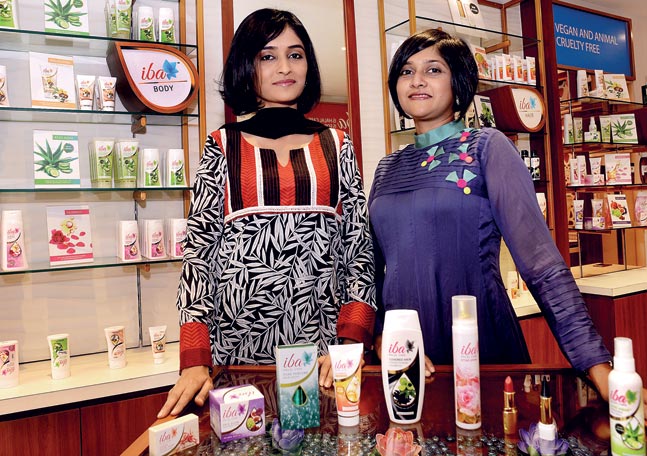
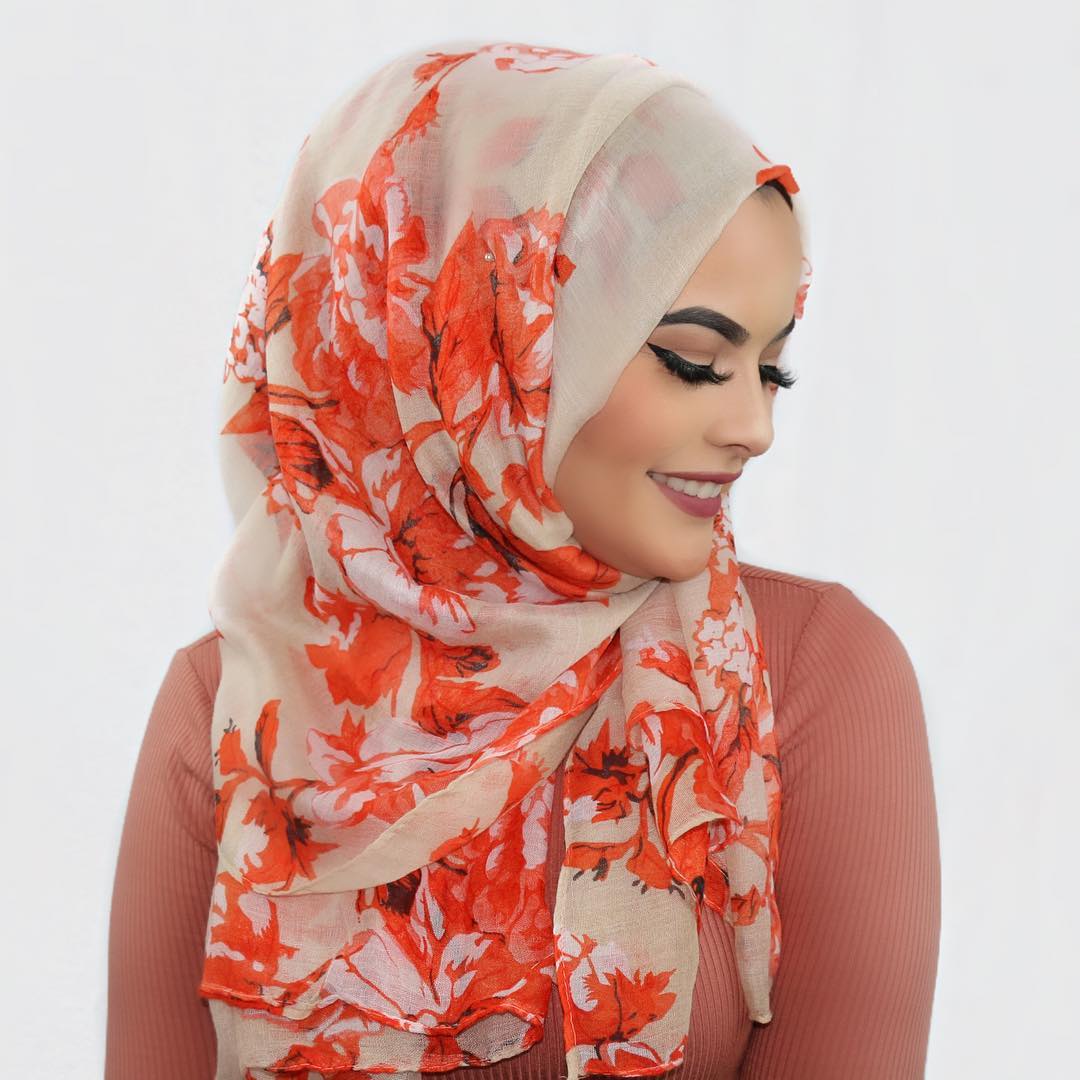
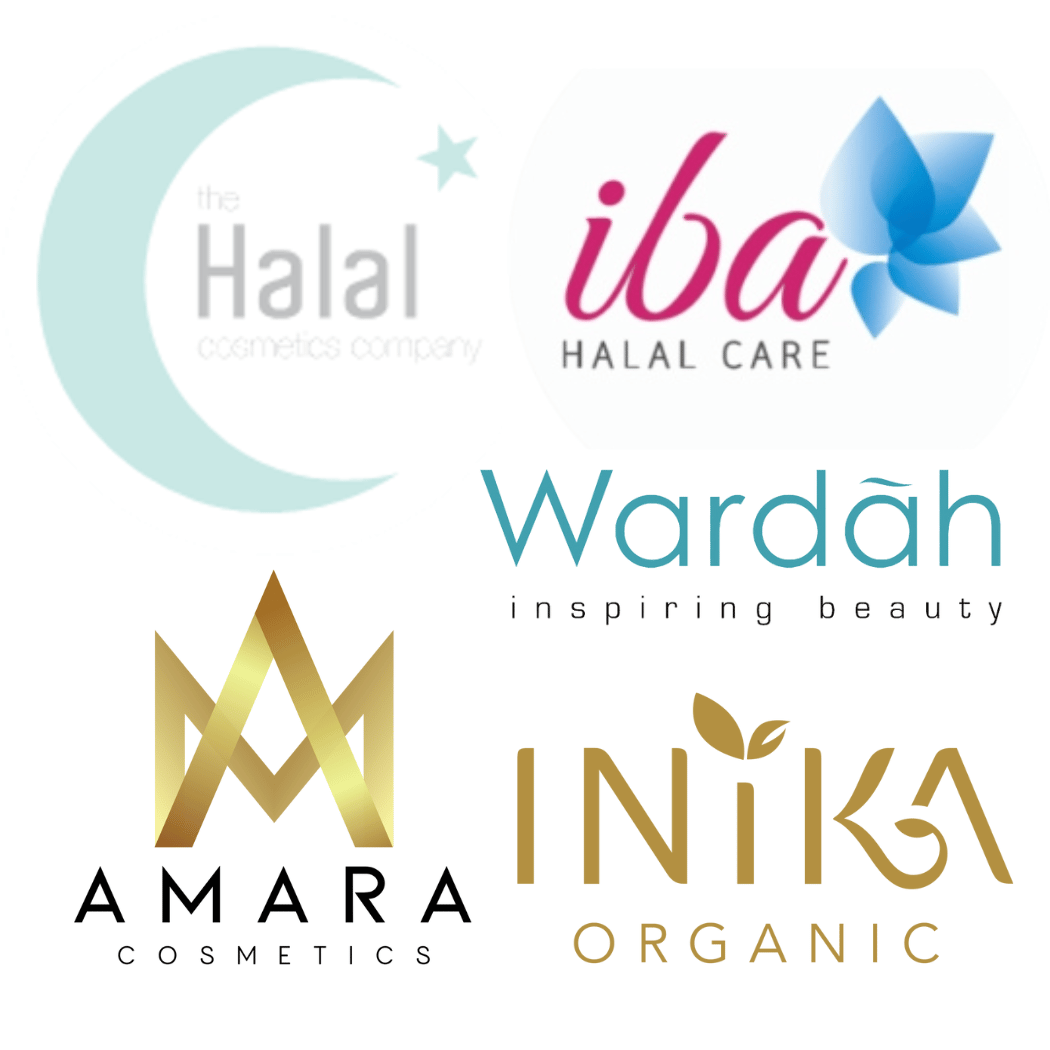

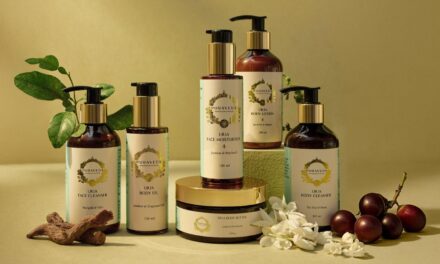


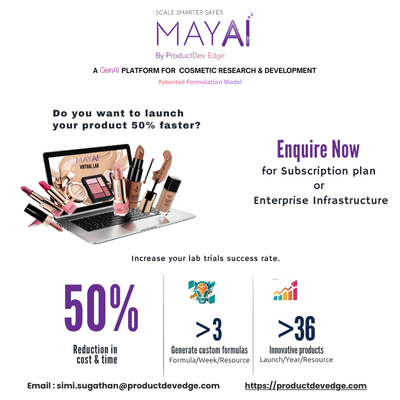

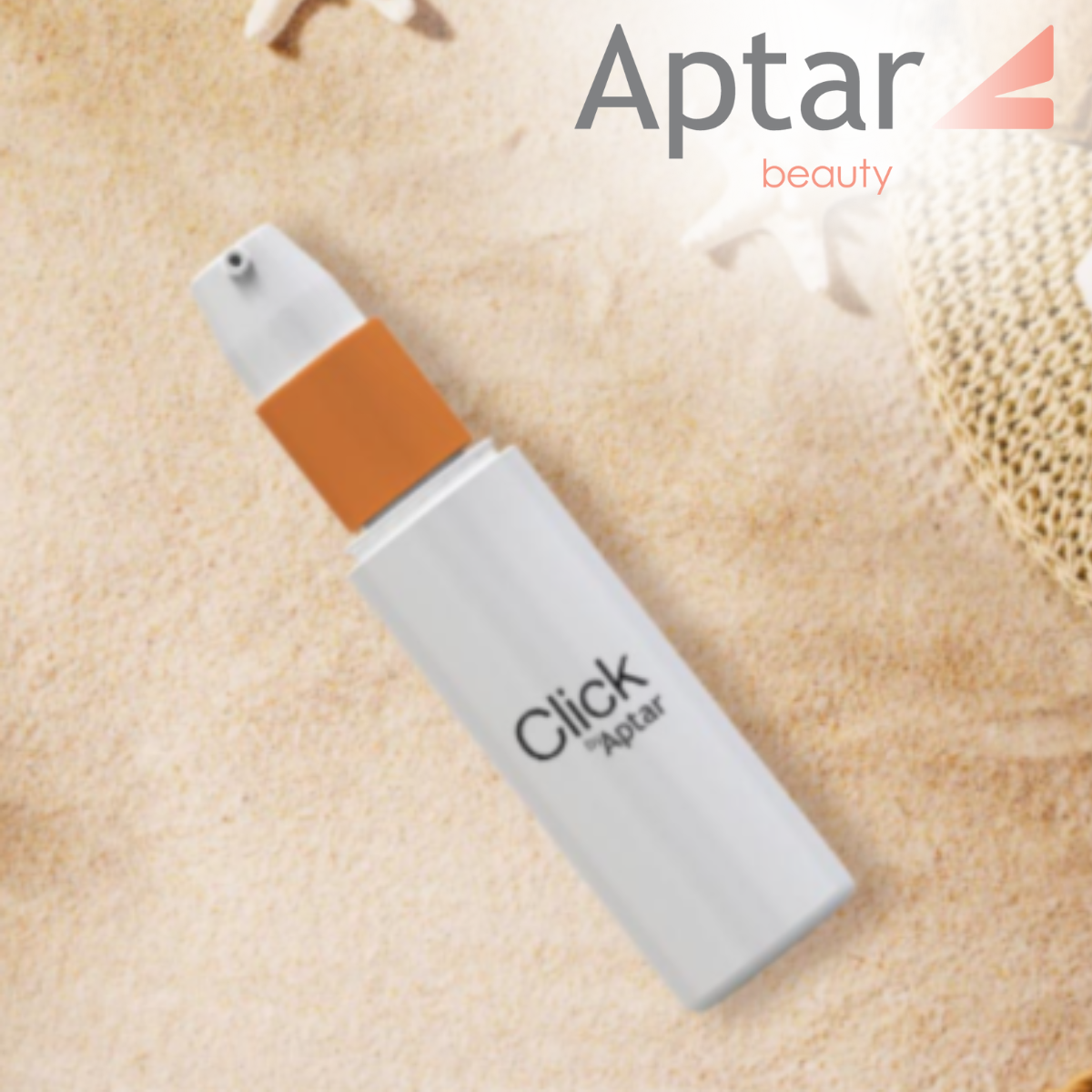
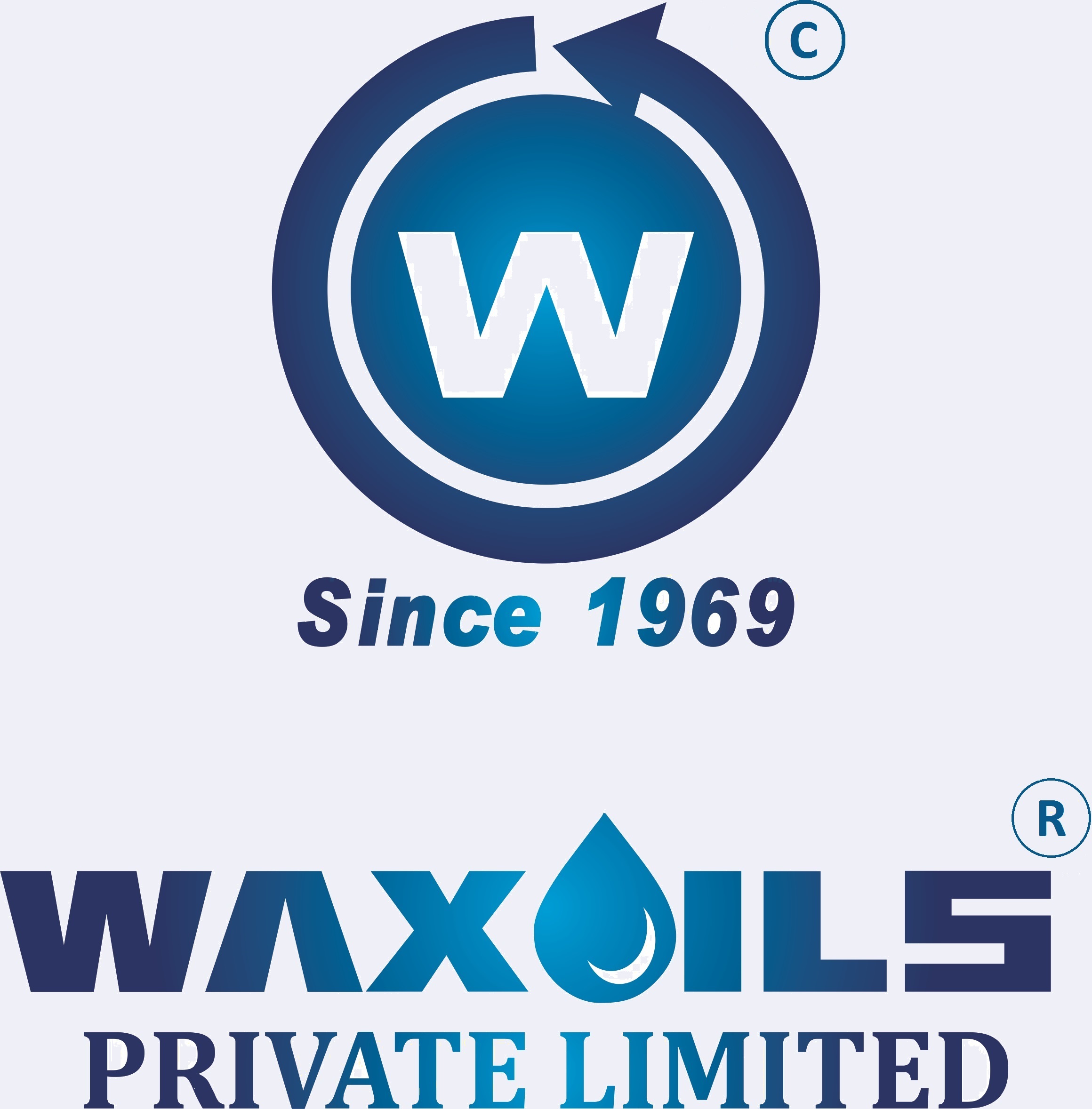
Subscribe To Our Newsletter
Join our mailing list to receive the latest news and updates from The Cosmetics industry
You have Successfully Subscribed!